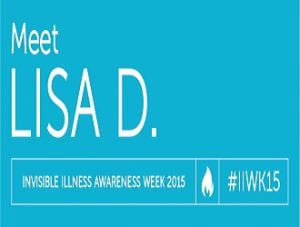According to a story from PR Newswire, The Autoimmune Registry, Inc. (ARI) has recently released its first ever autoimmune diseases list. This list includes a total of over 150 distinct disease states, along with 60 synonyms and 40 subtypes. The goal of putting together the list was to provide a resource to both researcher and patients so that they could have access to some of the latest information and publications related to autoimmune disease.
About Autoimmune Diseases
Autoimmune diseases are in fact the largest class of illness in the US, with an estimated 15 to 30 million people in the country being directly impacted. Women between 20 and 40 years are most likely to be affected. These diseases are characterized by mechanisms in which the individual’s own immune system targets part of the body. Nearly any area of the body can be affected. In these illnesses, symptoms such as inflammation (at times severe), fever, and fatigue are often present. In most cases, these diseases can not be cured. However, it is often possible to control symptoms effectively with the use of interventions that suppress the activity of the immune system. In most cases, the cause of autoimmune disease is not well known; it is likely that a combination of genetic and environmental factors play a role.
Dr. Frederick Miller, who is the deputy chief at the Clinical Research Branch at the National Institutes of Health Sciences, praised the release of the list:
“I have long hoped that a national registry of autoimmune diseases would be established so that we can examine changes over time, define geographic hotspots, and eventually understand what is causing them. This list of diseases provides peer-reviewed prevalence statistics that can help patients, researchers, and doctors understand the impact these diseases have.”
ARI hopes that the creation of the list will help improve the understanding of autoimmune diseases and facilitate the identification of commonalities between them. This is ultimately with the hope of improving outcomes, prevention, and diagnosis.
Patients living with an autoimmune disease are strongly encouraged to become a part of the Autoimmune Registry, which helps facilitate treatments, research, and involvement in clinical trials.
To start using the list, click here.







